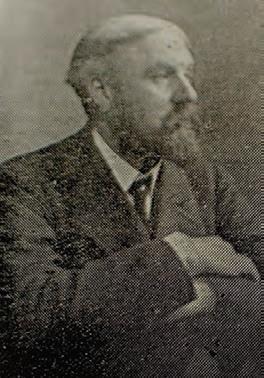ARKLOW
ARKLOW
– Jim Rees
Preparing for war: 1918–19 In April, May or June, 1918, John Broy, who was the quartermaster of the Kynoch’s munitions factory in Arklow, told his captain, Matt Kavanagh, that he had a brother Éamon (Ned) in the Dublin Metropolitan Police, who was posted in Dublin Castle and was willing to give information if he could be put in touch with ‘the right person’. As Kavanagh had no contact with GHQ at that time, he handed the message to Micheál Staines who, in turn, transmitted it to headquarters. In April 1918, conscription was extended to Ireland. This caused a backlash of anti-British sentiment throughout the country. Within days, 200,000 people had signed a pledge against it. Anti-conscription meetings were held throughout County Wicklow and, as a result, membership of the Irish Volunteers swelled.1 Arklow was no exception to the general disquiet, although anyone working in Kynoch’s was exempt from conscription as each employee had been issued with a card declaring their work to be of value to the war effort.2
Matt Kavanagh (1895–1973), Arklow Company Captain, later Commandant of the IRA East Wicklow Brigade . Photo: Courtesy of Jim Rees
Conscription gave the republican movement the boost it so badly needed. An incident in Arklow recalled by Matt Kavanagh indicated the mood of the people: Sometime in either June or July 1918, two special constables, who were guarding Kynoch’s munitions works, were arrested, through mistake, by the RIC for carrying firearms. These men were from Wexford and local people, equally mistaken, believed that they were IRA volunteers. A hostile crowd formed to attempt to rescue them, stoning the police. A baton charge was ordered, as a result of which eight members of the local company were arrested.3
11




























